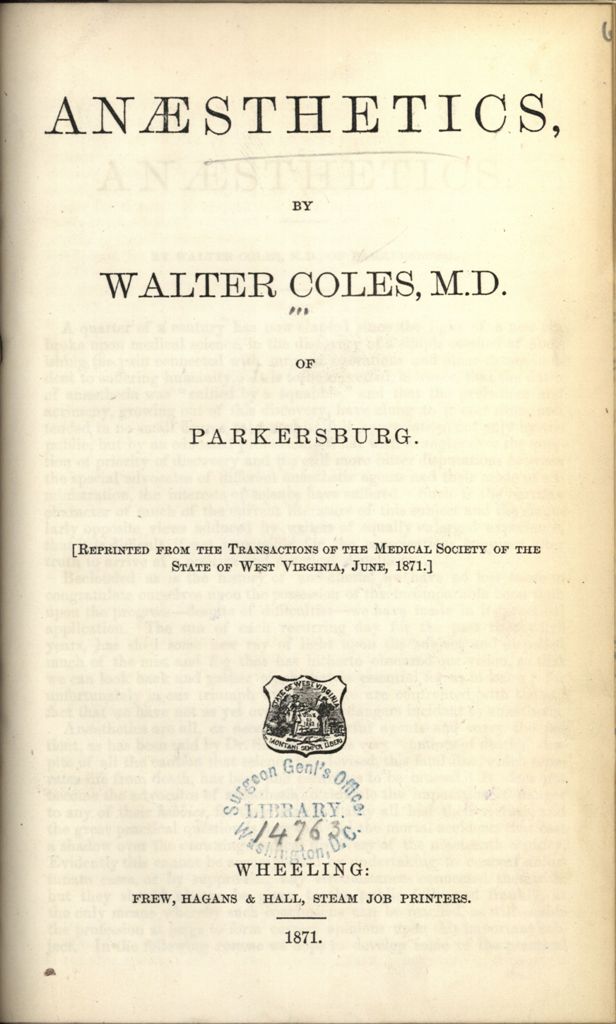September 3rd, 2013
Benefits and Perils of Following the Literature Too Closely
Paul Bergl, M.D.

Don’t fall too far behind in the medical literature, but perhaps a little less vigilance is better for you.
As a resident, probably the most common piece of feedback one receives is, “Read more and expand your clinical knowledge base.” This critique is a standard and generic piece of feedback to encourage the younger generation to never quit in the endless pursuit of knowledge. As our erudite attendings know, medical knowledge always evolves and often reverses course. Thus, the trainee is reminded to establish the habit of keeping up on the literature early in his or her career.
Indeed there is merit to following the literature vigilantly. This past month, Vinay Prasad et al. published on “medical reversals” in the Mayo Clinic Proceedings journal. In their analysis, Prasad et al. reviewed a decade’s worth of original articles in the New England Journal of Medicine. The authors found that more than 100 original articles had overturned previous guidelines or accepted practices. Notable examples — some of which are now old news — included the following:
- The standard teaching of CPR with rescue breaths was reversed by well-designed trials showing that adequate compressions were the main objective in CPR.
- KDOQI guidelines in 2000 were updated to reflect a target hemoglobin between 11 and 13 g/dL in patients with CKD. These recommendations were subsequently refuted on the basis of randomized control trial of epoetin alfa that demonstrated no major benefits and increased risk.
- Rosiglitazone was introduced in 1999 as a treatment for type 2 diabetes mellitus based on its ability to lower hemoglobin A1c. However, a meta-analysis in the New England Journal of Medicine later concluded this drug was associated significantly with cardiovascular death.
The list goes on and can be found in the article’s supplementary materials. If you’re inspired by Prasad’s findings, you ought to make every effort to “read more” and “keep current.”
Then again, maybe better advice for trainees would be, “Read when you can, but don’t worry if you end up falling a few years behind in the literature.” Sure, a revolutionary medical practice might arise, but even residents are unlikely to be so tuned out to the world that they won’t hear about the latest breakthrough somewhere. New treatments will surface; new drugs will be manufactured. The trainee may want to see a novel therapy survive a few years of validation in real clinical practice before stepping out onto a limb of uncertainty. If one aggressively tracks every advance in medicine, one also runs the risk of adopting a practice that later proves more harmful than anticipated.
At least one recently published article speaks in favor of this more lax approach toward the literature. As Paul Mueller highlighted in a NEJM Journal Watch article this past week, many meta-analyses add very little to the growing body of medical literature except growth of the body itself. If you haven’t read a meta-analysis on the pharmacotherapeutic options for fibromyalgia or supplements to prevent colon cancer in the last handful of years, don’t worry: The article you read in 2009 had most of the same studies. A more rational approach might be to pull meta-analyses on an as-needed basis rather trying to stay ahead of the barrage of articles published weekly.
So what’s the best strategy for a trainee? I personally favor a “headlines, tweets, and abstracts” approach — not only for the time-strapped resident but for myself too. Skim a few journals each month, and subscribe to essential Twitter and RSS feeds. You might hit the right balance of staying current and staying above the fray.

